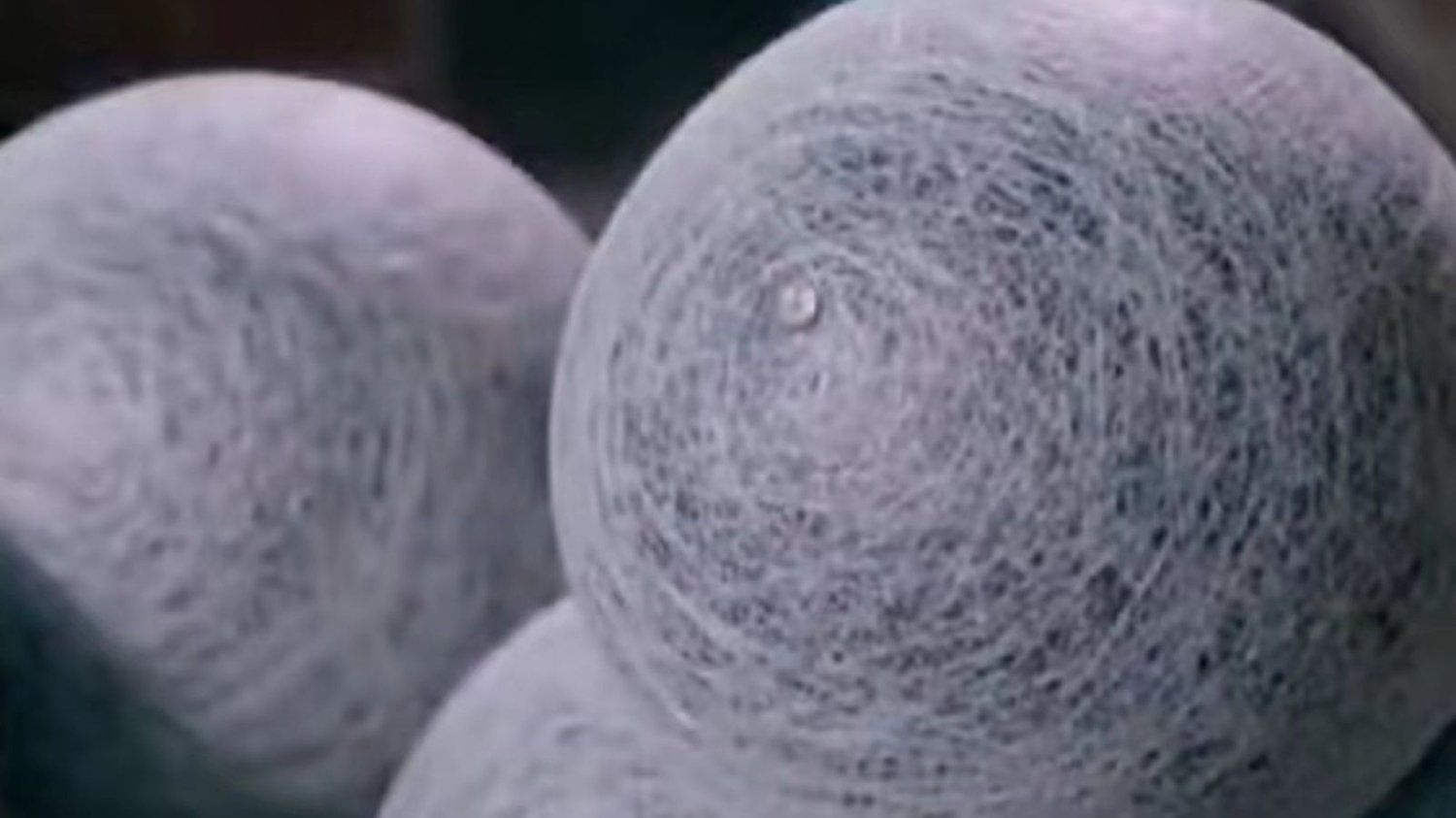Table of Contents

Introduction
If you are experiencing discomfort or pain while urinating, or if you have trouble controlling your bladder, it could be a sign of a damaged bladder. While it is essential to seek medical attention if you suspect a bladder injury, there are steps you can take to promote healing at home. Here, we will discuss some of the ways you can fix a damaged bladder.
1. Hydration is Key
Drinking plenty of water is essential when it comes to bladder health. When your bladder is damaged, it puts pressure on the muscles, and dehydration can exacerbate this. Drinking water hydrates your body and helps to flush out any toxins. Aim to drink at least eight glasses of water each day to support bladder healing.
2. Empty Your Bladder Regularly
When your bladder is injured, it is essential to empty it regularly. Holding your urine can put added pressure on your bladder, delaying the healing process. Monitor your urine output and make sure to empty your bladder every two to three hours, even if you do not feel the need to go.
3. Avoid Irritants
Some foods and drinks can irritate the bladder, making the symptoms of a damaged bladder worse. Avoid acidic foods such as citrus fruits, spicy foods, and caffeine, which can all exacerbate bladder pain and discomfort.
4. Strengthen Your Pelvic Floor Muscles
The pelvic floor muscles support the bladder, among other organs in the body. Strengthening them can help alleviate the symptoms of a damaged bladder. Engage in pelvic floor exercises, also known as Kegels, regularly. These exercises involve clenching the muscles that control your urine flow and holding them for a few seconds at a time.
5. Use a Heating Pad
A heating pad can offer immediate relief for bladder pain and discomfort. Apply a heating pad to your lower abdomen for fifteen to twenty minutes at a time to alleviate any pain or discomfort associated with a damaged bladder.
6. Take Medication
Your doctor may prescribe medication to manage any pain or discomfort. Over-the-counter anti-inflammatory medication, such as ibuprofen, can also help to alleviate pain. Make sure to speak to your doctor before taking any medication to ensure it is suitable for you.
7. Consider Surgery
In severe cases, surgery may be necessary to correct a damaged bladder. Surgery options will vary depending on the type of damage, but the primary goal is to repair the bladder's tissues. Your doctor will provide you with personalized advice based on your specific condition.
8. Seek Medical Advice
If you believe you have a damaged bladder, it is essential to seek medical attention. A doctor can prescribe personalized recommendations for your specific condition, including medication, home remedies, or surgery.
9. Be Patient
Bladder injuries can take time to heal, and it is essential to be patient during the healing process. Continue to follow your doctor's recommended treatment plan and make sure to rest and be gentle with your body to avoid exacerbating your symptoms.
10. Maintain a Healthy Lifestyle
Living a healthy lifestyle is crucial to support bladder health. Eat a balanced diet, exercise regularly, limit alcohol consumption, and quit smoking if you smoke. Making healthy lifestyle choices can support bladder healing and prevent future damage.
